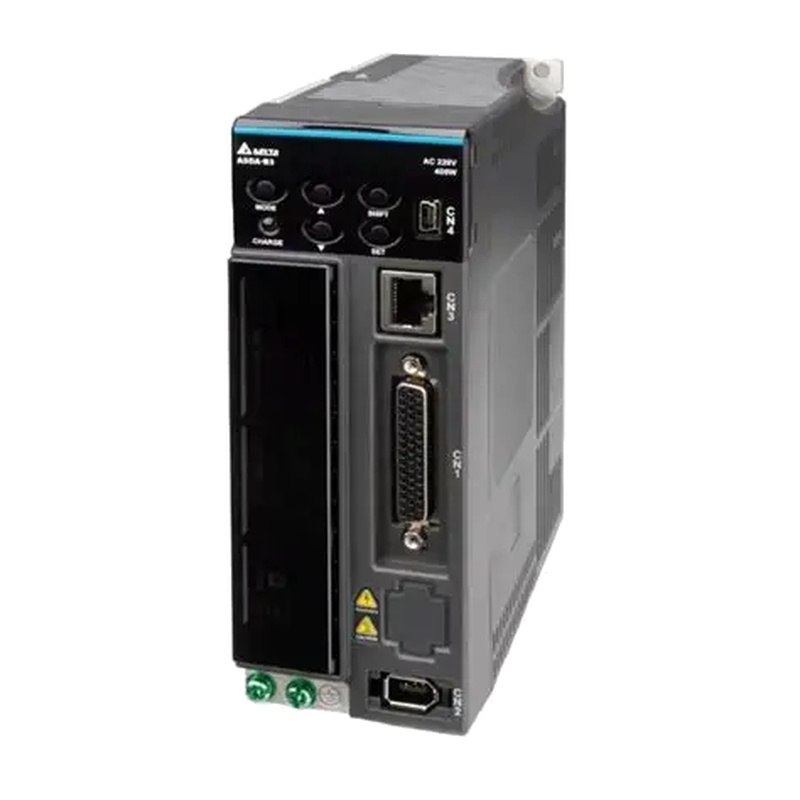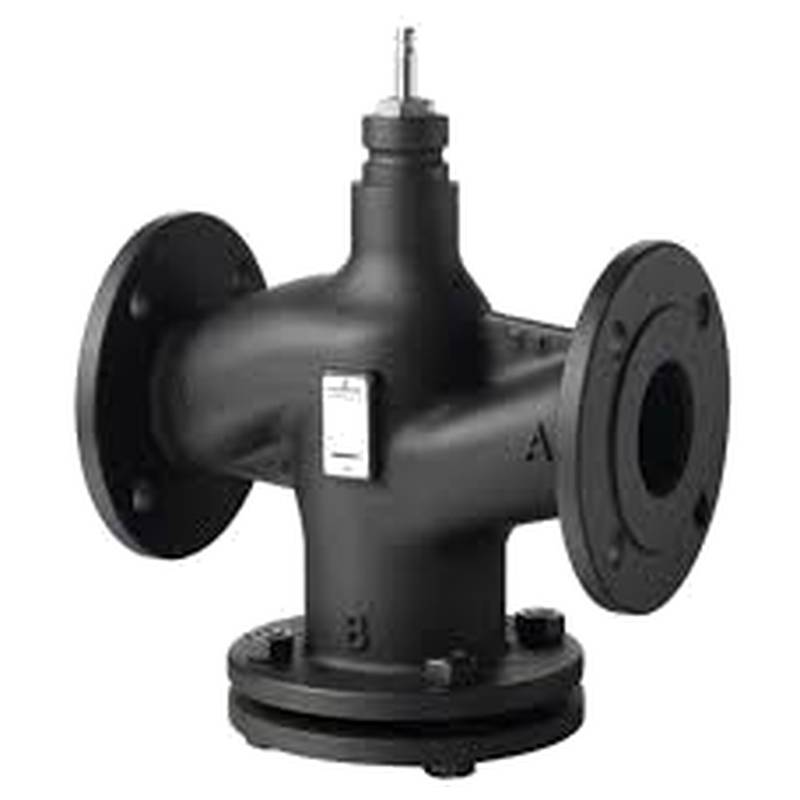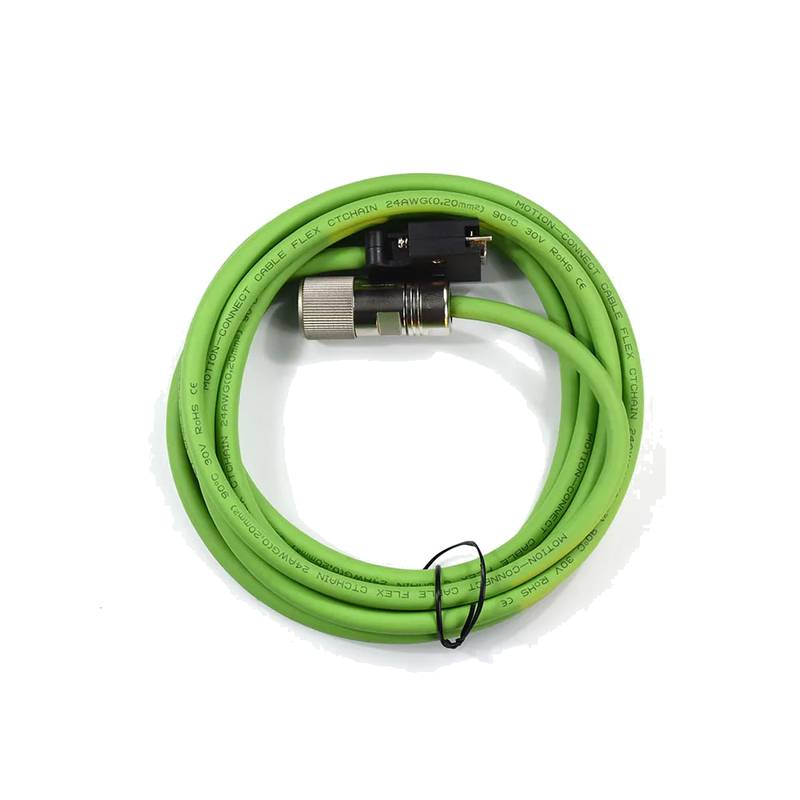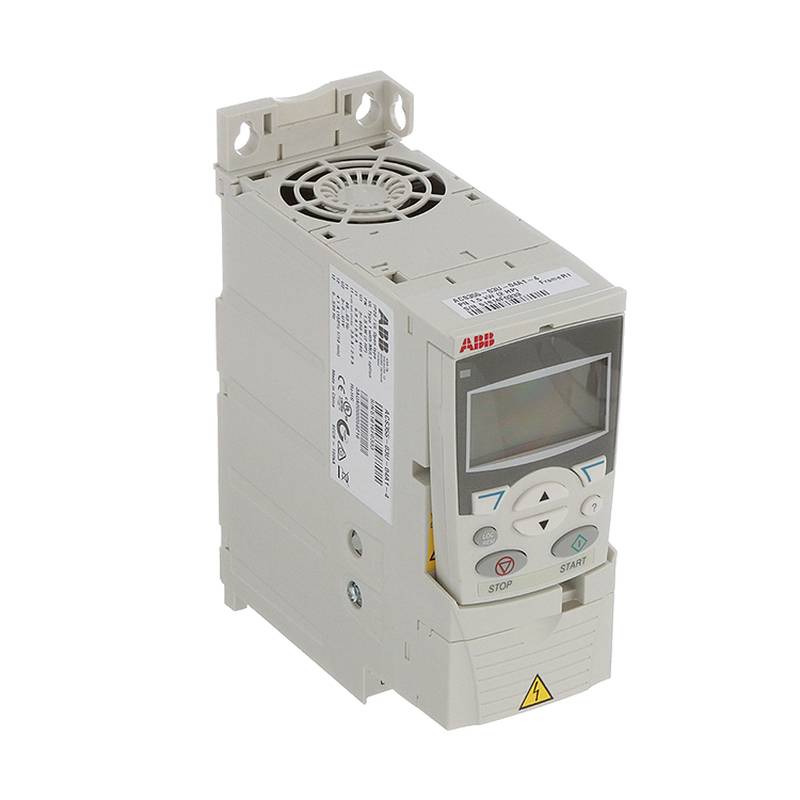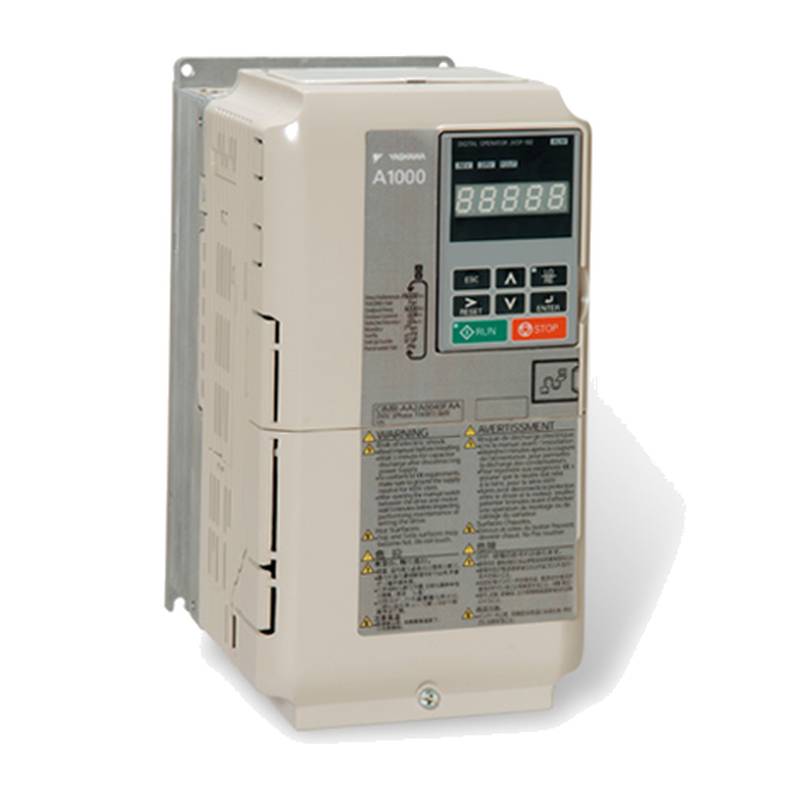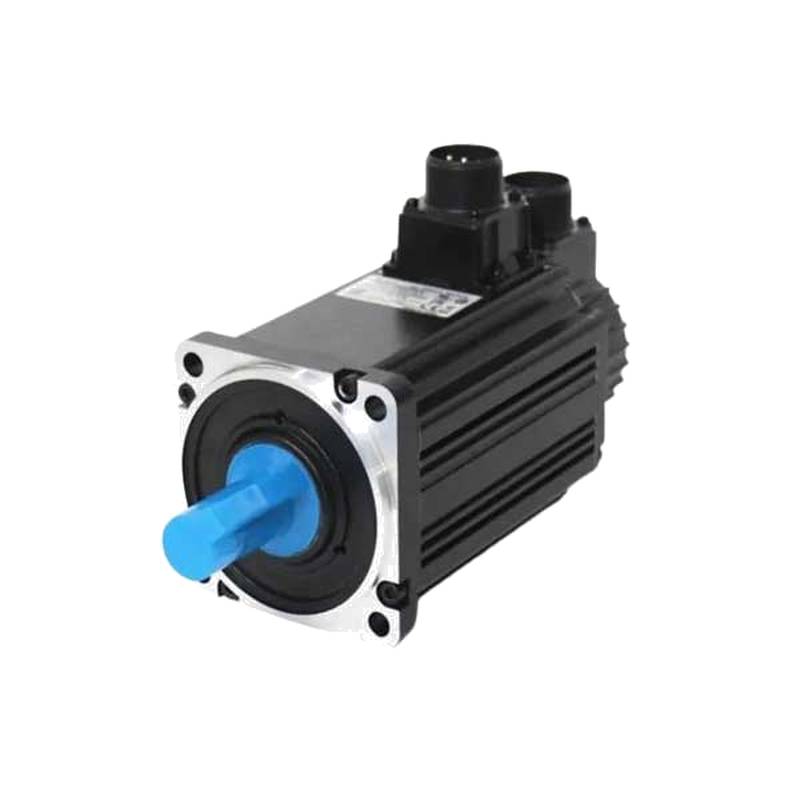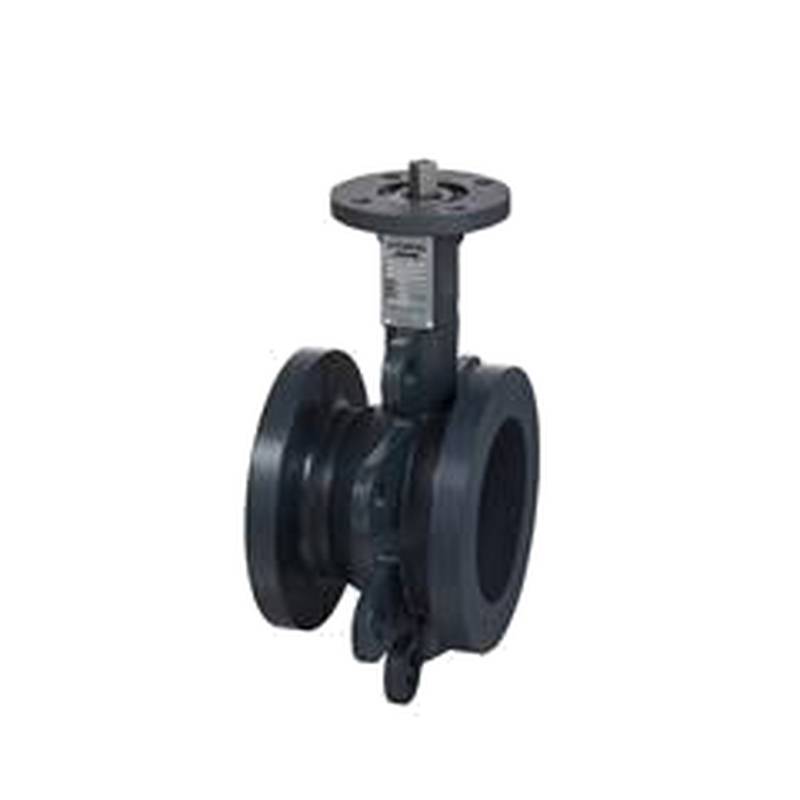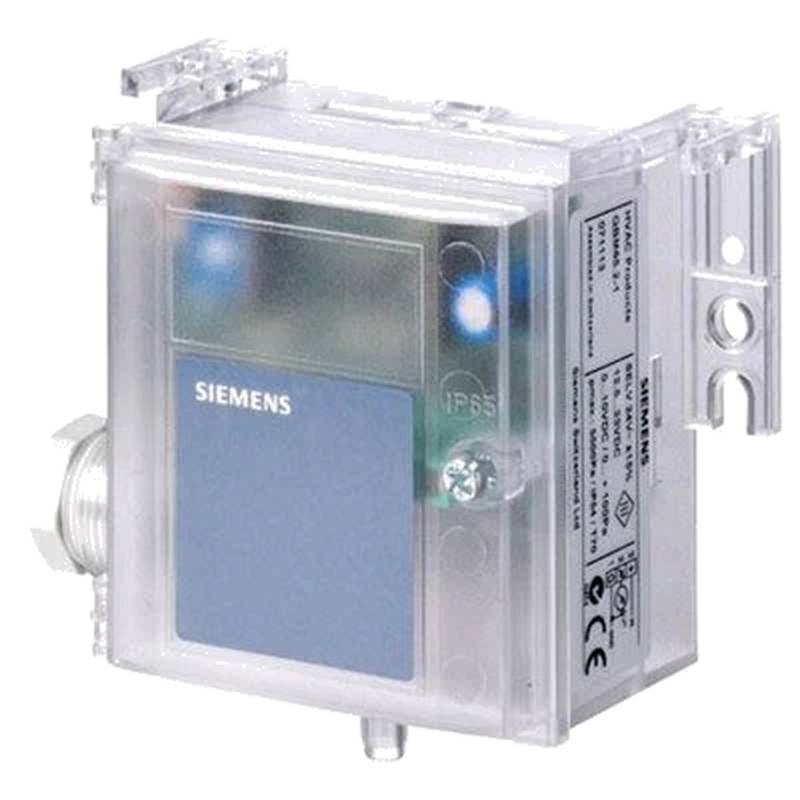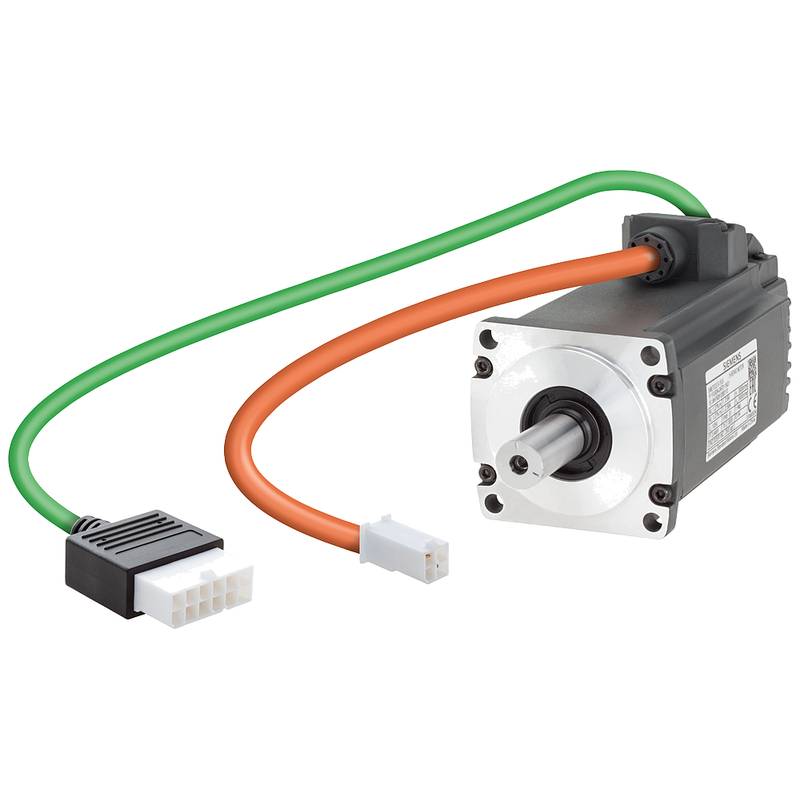
The Delta ASD-B3-2023-M Low Voltage Three Phase Servo for Automation Production is engineered to deliver superior performance and precision in demanding industrial environments. This servo drive is distinguished by its high responsiveness, enabling significantly reduced settling times, and an advanced auto-tuning feature that simplifies setup and optimizes operation. With a robust design and advanced motor control algorithms, the ASD-B3-2023-M ensures stable operation and high positioning accuracy, making it an ideal choice for a wide array of automation applications. Its compact form factor and improved power density, when paired with compatible ECM-B3 series motors, contribute to space savings on the production floor.
Product Specifications
| Feature | Specification |
| :--------------------------- | :-------------------------------------------------------- |
| Model | ASD-B3-2023-M |
| Power Output | 2.0 kW |
| Input Voltage | 1-Phase/3-Phase 220 VAC |
| Output Current (Continuous) | 13.4 Arms |
| Output Current (Max. Instantaneous) | 38.3 Arms |
| Bandwidth | 3.1 kHz |
| Encoder Resolution | 24-bit (16,777,216 pulses/revolution) |
| Motor Speed (Max.) | 6000 rpm |
| Max. Torque | 350% |
| Communication Protocols | Pulse Train, CANopen, EtherCAT (configurable) |
| Safety Function | Embedded Safe Torque Off (STO) SIL2 |
| Settling Time Reduction | 40% (compared to previous models) |
| Auto-Tuning | Yes |
| Control Modes | Position, Velocity, Torque (internal or external analog) |
| Dimensions (Drive) | Compact, space-saving design |
| Protection Ratings | Conforms to UL50 Type 1 (when installed in a cabinet) |
Core Features & Market Positioning
The Delta ASD-B3-2023-M servo drive is positioned as a high-performance, user-friendly solution that elevates automation capabilities. Its standout features include a 3.1 kHz bandwidth, offering superior responsiveness and enabling faster cycle times in production processes. The integrated 24-bit encoder provides exceptional precision, crucial for applications requiring minute positional accuracy. A significant advantage is the auto-tuning function, which streamlines commissioning and ensures optimal performance without manual calibration. Furthermore, the inclusion of embedded Safe Torque Off (STO) with SIL2 rating enhances operational safety, a critical factor in industrial automation. Compared to previous generations like the ASDA-B2, the ASDA-B3 series boasts a 40% reduction in settling time, directly translating to increased productivity. This combination of advanced features, ease of use, and safety makes the ASD-B3-2023-M a competitive option for manufacturers seeking to enhance throughput and reliability.
Key Application Scenarios
The versatility and precision of the Delta ASD-B3-2023-M servo drive make it suitable for a broad spectrum of industrial automation tasks. It excels in applications demanding high-speed and accurate motion control, such as in the electronics and semiconductor manufacturing sectors, where precise component placement is paramount. Its robust performance also lends itself well to industrial robotics, enabling smoother and more accurate movements for robotic arms in assembly and material handling. The printing and packaging industries benefit from its ability to manage complex motion profiles for high-speed web handling and accurate registration. Machine tool applications, including CNC machinery, leverage the drive's responsiveness for intricate cutting and shaping operations. Additionally, the textile and warehousing industries can utilize the ASD-B3-2023-M for automated material transport and precise machinery control, optimizing overall operational efficiency.
Practical System Integration Guidance
Integrating the Delta ASD-B3-2023-M into existing automation systems is facilitated by its flexible communication options and user-friendly software. The drive supports common protocols like Pulse Train, CANopen, and EtherCAT, allowing seamless integration with various PLCs and control systems. Delta provides the ASDASoft GUI, a dedicated software suite that simplifies commissioning, parameter configuration, and system diagnostics. This software includes features like system analysis, vibration suppression, and auto-tuning, which expedite the setup process and fine-tune system performance. For wiring, it's essential to follow the guidelines in the user manual to ensure correct connection of power, motor, and encoder feedback. Proper grounding, typically with copper wire of at least 10 mm² or aluminum wire of at least 16 mm², is critical for safety and reliable operation.
Operation and Risk Mitigation
Safe and efficient operation of the Delta ASD-B3-2023-M servo drive requires adherence to operational guidelines and proactive risk mitigation. The drive features embedded Safe Torque Off (STO) SIL2, which provides a direct safety function to prevent unexpected motor movement by removing power to the motor when activated. This is crucial for maintenance and emergency stop scenarios. Troubleshooting common issues can be aided by the drive's self-diagnosis capabilities and the detailed alarm codes provided in the user manual. For instance, overload alarms (AL006) might indicate excessive load or improper parameter settings, requiring checks on motor capacity, load conditions, and parameter configurations. Encoder errors, such as AL064 for vibration warning or AL073 for memory error, necessitate inspection of the encoder connection and, if necessary, motor replacement. Always ensure that the drive is installed within a control cabinet in an environment compliant with UL50 Type 1 standards to prevent environmental hazards.
Scalability & Long-Term Value
The Delta ASD-B3-2023-M servo drive offers scalability and long-term value through its compatibility and integration capabilities. It is part of Delta's third-generation servo system, designed to be compatible with previous ASDA-A2 and ASDA-A3 series models, providing a smoother upgrade path for existing Delta users. The drive's support for various communication protocols, including EtherCAT with speeds up to 8 kHz, positions it for integration into advanced Industrial Internet of Things (IIoT) and Industry 4.0 environments, enabling sophisticated data exchange and remote monitoring. The availability of software tools like ASDASoft and potential for integration with Delta's PLC and HMI offerings further enhance its long-term value by providing a cohesive and expandable automation ecosystem.
Frequently Asked Questions (FAQs)
What are the primary advantages of the Delta ASD-B3-2023-M servo drive?
The Delta ASD-B3-2023-M offers a high 3.1 kHz bandwidth for rapid response. It features a 24-bit encoder for precision. Auto-tuning simplifies setup and optimizes performance.
Its embedded Safe Torque Off (STO) SIL2 provides crucial safety. Reduced settling times boost productivity significantly.
This drive offers a strong balance of advanced features and user-friendliness for automation.
What are the key technical specifications of the Delta ASD-B3-2023-M?
This servo drive has a 2.0 kW power output and operates on 1-phase or 3-phase 220 VAC input. Its continuous output current is 13.4 Arms, with a maximum instantaneous output current of 38.3 Arms.
The drive boasts a 3.1 kHz bandwidth and a 24-bit encoder for high resolution. It supports motor speeds up to 6000 rpm and a maximum torque of 350%.
It includes support for Pulse Train, CANopen, and EtherCAT communication, along with embedded STO SIL2 safety.
What types of applications is the Delta ASD-B3-2023-M best suited for?
The ASD-B3-2023-M is ideal for high-precision tasks in electronics and semiconductor manufacturing. It's also excellent for industrial robotics requiring smooth, accurate movements.
Its performance is well-suited for intricate operations in machine tools, printing, and packaging machinery. Other suitable industries include textiles and warehousing automation.
This drive excels where high speed, precision, and reliability are critical for optimized production efficiency.
How does the Delta ASD-B3-2023-M facilitate system integration?
The drive supports multiple communication protocols like CANopen and EtherCAT for easy PLC integration. It comes with Delta's ASDASoft software for simplified configuration and diagnostics.
Wiring is guided by comprehensive user manuals, ensuring correct connections. Proper grounding is essential for safety and performance.
Its compatibility with other Delta automation products creates a cohesive system solution.
What safety features are included in the Delta ASD-B3-2023-M?
A key safety feature is the embedded Safe Torque Off (STO) function, rated SIL2. This prevents unexpected motor activation for enhanced personnel safety.
It requires installation within a control cabinet compliant with UL50 Type 1 standards. Following all user manual safety precautions is vital.
Risk mitigation involves understanding and addressing alarm codes and troubleshooting procedures.
How does the ASDA-B3 series compare to previous Delta servo drive models?
The ASDA-B3 series offers a significant performance upgrade, particularly in responsiveness. It features a higher bandwidth of 3.1 kHz compared to previous models.
Settling times are reduced by up to 40%, leading to increased productivity. The drives also incorporate newer motor control algorithms for improved stability.
The B3 series often offers more compact motor and drive designs, optimizing space in automation setups.
What communication protocols does the Delta ASD-B3-2023-M support?
The ASD-B3-2023-M supports essential industrial communication protocols. These include Pulse Train, for basic motion control.
It also offers CANopen for network communication. For high-speed data exchange, EtherCAT is supported with speeds up to 8 kHz.
This versatility allows seamless integration into various automation architectures.
Can the Delta ASD-B3-2023-M be used with different types of motors?
The ASD-B3-2023-M is designed to work with Delta's ECM-B3 series servo motors. These motors offer improved power density and stability.
It also supports compatibility with ECM-A3 series motors, providing some flexibility. Always confirm specific motor compatibility with the drive model.
The drive's high encoder resolution and advanced control algorithms ensure optimal performance with these compatible motors.
What are common troubleshooting steps for Delta ASD-B3 servo drives?
Common troubleshooting involves understanding alarm codes displayed on the drive. For overload (AL006), check motor capacity and load.
Encoder-related alarms (e.g., AL073 for memory error) may require checking connections or motor replacement. Parameter reset failures (AL09C) need careful review of the reset procedure.
Always refer to the user manual for specific alarm details and corrective actions.
How does the auto-tuning feature benefit users of the ASD-B3-2023-M?
Auto-tuning simplifies the setup process significantly. It eliminates the need for manual calibration, saving valuable engineering time.
The feature optimizes drive performance for the connected motor and load. This leads to improved stability and precision in motion control applications.
Users can achieve peak performance quickly and efficiently, even with complex system dynamics.














